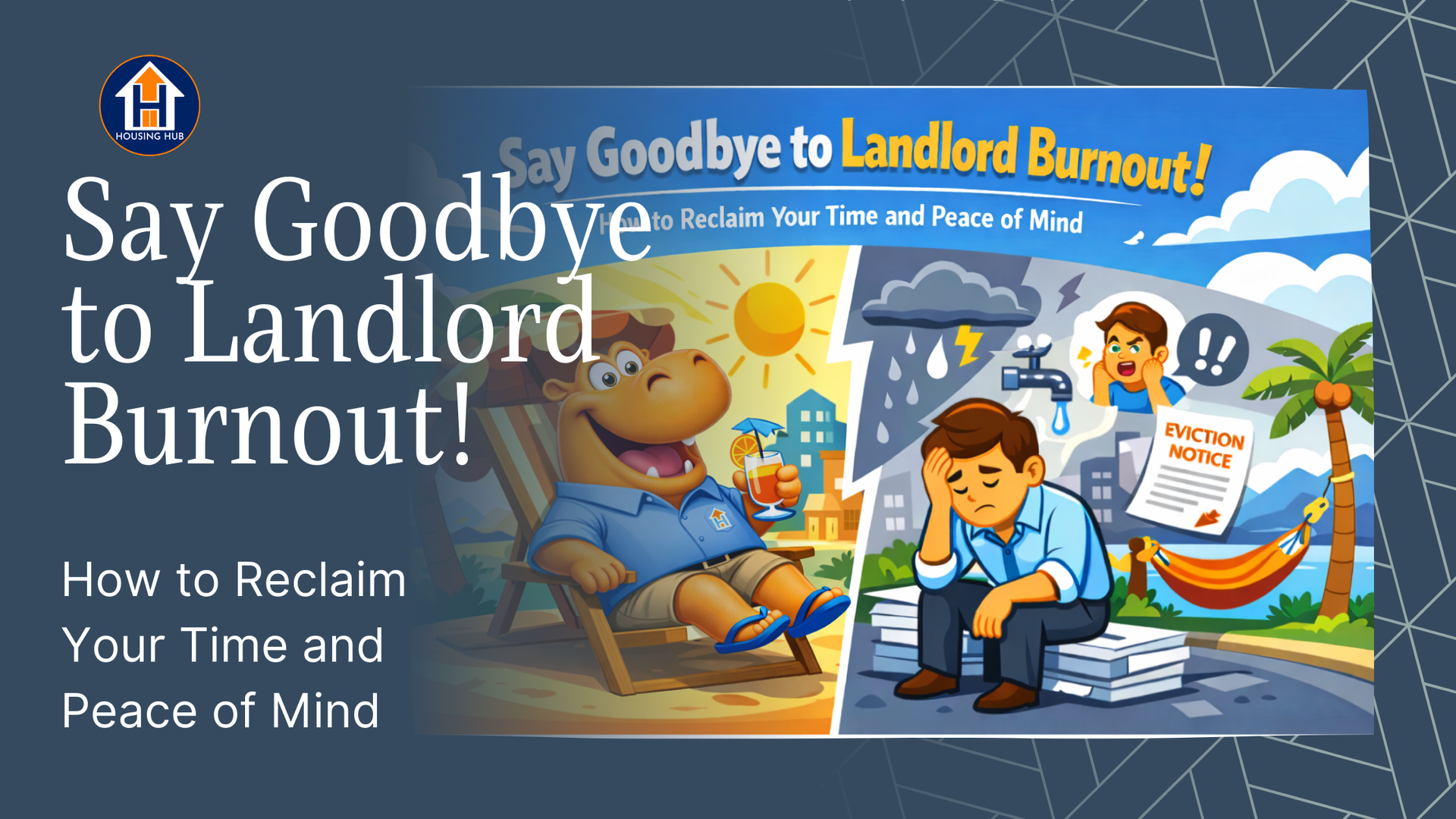Red Flags to Watch for When Screening Potential Tenants
Choosing the right tenant is a crucial step for property owners seeking to maintain a stable income and safeguard their investment. Tenant screening involves more than just a casual check; it's a careful process to ensure that the person who will be living in your property is responsible and reliable. While it might seem straightforward, there are common red flags that can help you identify potential issues before they become significant problems.
Not recognizing these red flags can lead to complications like late payments, property damage, or costly evictions down the line. Understanding what to look out for can help you protect yourself from these risks. When you know the warning signs, you can make more informed decisions and avoid unnecessary setbacks in the rental process.
Inconsistent or Sketchy Employment History
One of the first things to look at when screening potential tenants is their employment history. A steady job is often a good indicator of financial stability, which is crucial for ensuring that rent is paid timely and consistently. However, blips in someone's job history might signal instability, putting you at risk as a property owner.
Here are some signs of potential job instability you might look out for:
- Frequent job changes without reasonable explanations
- Gaps in employment
- Temporary or freelance work without consistent earnings
Knowing how to verify employment history can make this part of the screening process easier. Here's how you can do that:
1. Ask for pay stubs: Request recent pay stubs to verify income and employment duration.
2. Contact employers: Reach out to past employers for confirmation of job roles and durations.
3. Request references: Ask for professional references from supervisors to gain more insights.
Remember to approach this sensitively, as some gaps in employment could be due to perfectly valid reasons. Open communication with the prospective tenant and careful consideration will help you understand whether there’s a real cause for concern.
Poor Credit History
A person’s credit history can reveal a lot about their financial responsibility. While it’s not the only deciding factor, a poor credit score could suggest difficulties in managing finances or meeting obligations. If a tenant struggles to make credit card payments or has several outstanding debts, they might have trouble paying rent on time too.
To check credit history, follow these steps:
- Obtain a credit report with the prospective tenant's consent.
- Look for high amounts of debt, late payments, or any defaults.
- Discuss these findings openly with the tenant to get their perspective.
Understanding the reasons behind certain entries in a credit report can help you make fair evaluations. Sometimes, circumstances beyond a person’s control affect their credit score, and a conversation can provide context to numbers on a screen. By keeping an open mind and seeking clarity, you can make a well-rounded decision regarding their potential as a tenant.
Previous Evictions or Legal Issues
Past evictions and legal troubles can be major indicators of future problems when considering a tenant. Such a history may suggest difficulties in following rental agreements, which can cause frustrating situations for landlords. It's worthwhile to dig into any past evictions or legal concerns a prospective tenant might have had.
To uncover past eviction records, you can start by:
- Checking eviction databases
- Asking the tenant for their rental history and verifying with previous landlords
- Engaging a professional screening service for thorough background checks
Once you've gathered information, recognizing the implications of past legal problems is vital. Be sure to ask questions, which can address gaps and provide context:
- What were the circumstances surrounding the eviction or legal issues?
- Have there been any changes since this incident happened?
- How has the tenant learned or grown from past experiences?
It’s important to have a tenant who takes accountability and shows a commitment to maintain the property respectfully. Understanding these points can help in assessing whether they're likely to be a responsible tenant moving forward.
Inadequate or Problematic References
References serve as crucial evidence of a tenant’s past behavior and reliability in meeting rental obligations. It's vital to thoroughly evaluate the quality of references provided by applicants. If references seem inadequate or problematic, it might hint at potential future issues.
When examining references:
- Be cautious of generic or overly positive responses lacking specifics.
- Verify the identity of references to ensure they aren’t fabricated.
- Look out for reluctance or pause before answering questions.
To effectively evaluate references, consider asking:
- How did the tenant care for the property?
- Were there regular issues with timely rent payments?
- Would they rent to this tenant again and why?
When responses aren't aligned with expectations, delve deeper. Using this approach, you'll foster a clearer understanding of the applicant's rental history, allowing for confident decisions in tenant selection.
Wrap-Up of Tenant Screening Essentials
Recognizing red flags in tenant screening is a cornerstone of responsible property management. By keeping an eye on employment irregularities, credit issues, the history of evictions, and references, you can protect yourself and your property from unnecessary hassles. A diligent screening process prevents many headaches and ensures you find respectful, dependable tenants who will appreciate your property as much as you do.
Ultimately, staying informed and attentive during tenant screening forms a proactive approach to maintaining the peace of mind every landlord seeks. Armed with this knowledge, you can confidently navigate the challenges of property rental while fostering positive experiences for both you and your tenants.
Ready to enhance your tenant screening process and secure the best occupants for your property? Let Housing Hub guide you with top-notch expertise in conducting thorough evaluations. Explore the advantages of partnering with our dedicated rental management services in Minneapolis to ensure your property is entrusted to reliable tenants, keeping your investment safe and your mind at ease.






